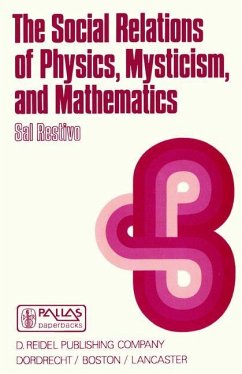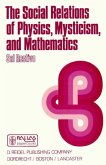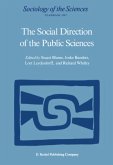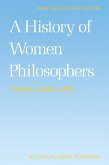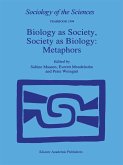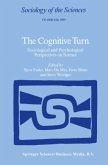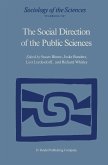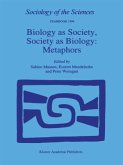The problems I address in this book are among the least studied in the soci ology of science and knowledge. Part I is a critique of the claim that there are parallels between ancient mysticism and modern physics, and a sociological analysis of this claim as a strategy in intellectual conflict. This study must. ultimately be rooted more firmly in a: type of sociology of knowledge that is just now beginning to crystallize (and which I discuss in Chapter 7), and a sociology of religion that is not so much unknown as underground, and timid, that is, a non-worshipful materialist sociology of religion. My study of physics-mysticism parallelism is a vehicle for exploring epistemic strategies. I thus conclude Part I by sketching a materialist, emancipatory epistemic strategy. My conclusion brings together a number of ideas formulated by myself and others over the past several years, but stops short of a systematic synthesis. A more integrated and coherent "model" than what I can sketch here must wait on the results of research now in progress in the critical (as opposed to apologetic or worshipful) sociology of knowledge.
`Sal Restivo's book is a major achievement in the sociology of science and mathematics. It is exciting to read and constitutes a creative, wide-ranging exploration of the connections between physics and mysticism, between the natural science and the humanities. Of particular interest is his attempt to show the emergence of abstraction and of formal disciplines in science by relating them to the structure of social interests in society. All told, this book challenges the separation of C.P. Snow's `two cultures' and is an original attempt to overcome the chasms between the natural sciences, the humanities, and the social sciences. The implications of the book's content certainly go far beyond its title.'
Prof. W. Heydebrand, New York University
Prof. W. Heydebrand, New York University
`Sal Restivo's book is a major achievement in the sociology of science and mathematics. It is exciting to read and constitutes a creative, wide-ranging exploration of the connections between physics and mysticism, between the natural science and the humanities. Of particular interest is his attempt to show the emergence of abstraction and of formal disciplines in science by relating them to the structure of social interests in society. All told, this book challenges the separation of C.P. Snow's `two cultures' and is an original attempt to overcome the chasms between the natural sciences, the humanities, and the social sciences. The implications of the book's content certainly go far beyond its title.'
Prof. W. Heydebrand, New York University
Prof. W. Heydebrand, New York University

